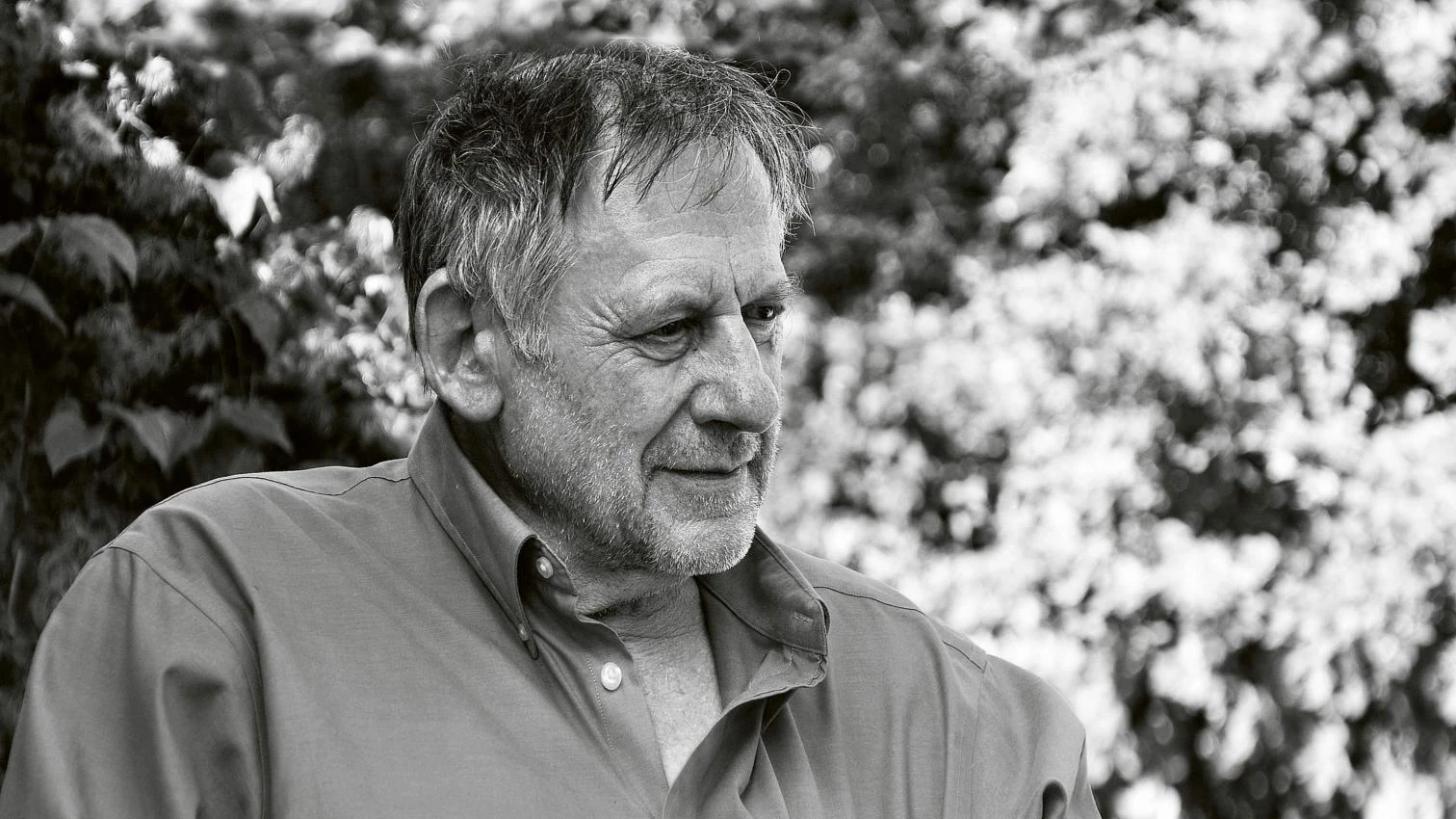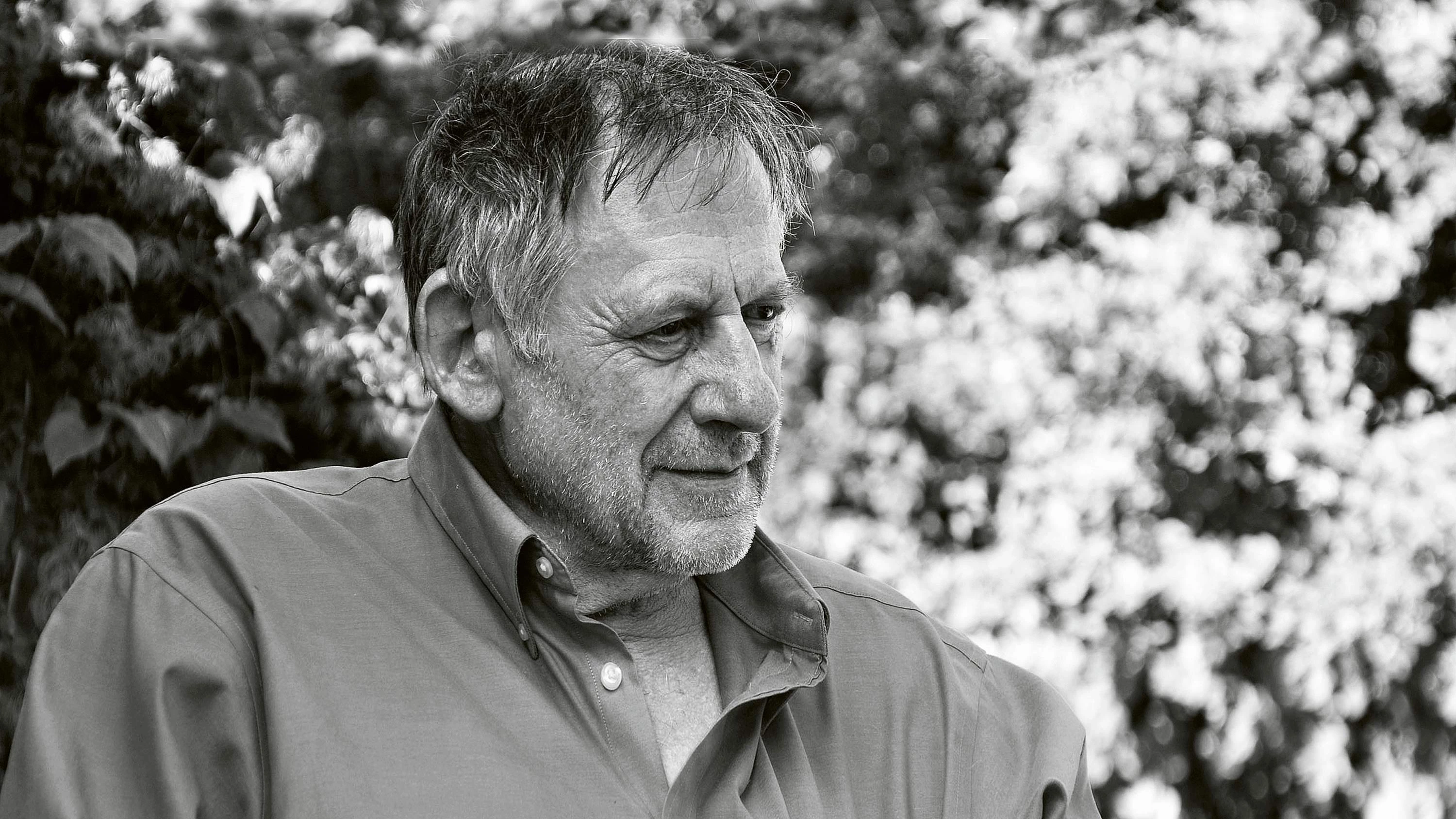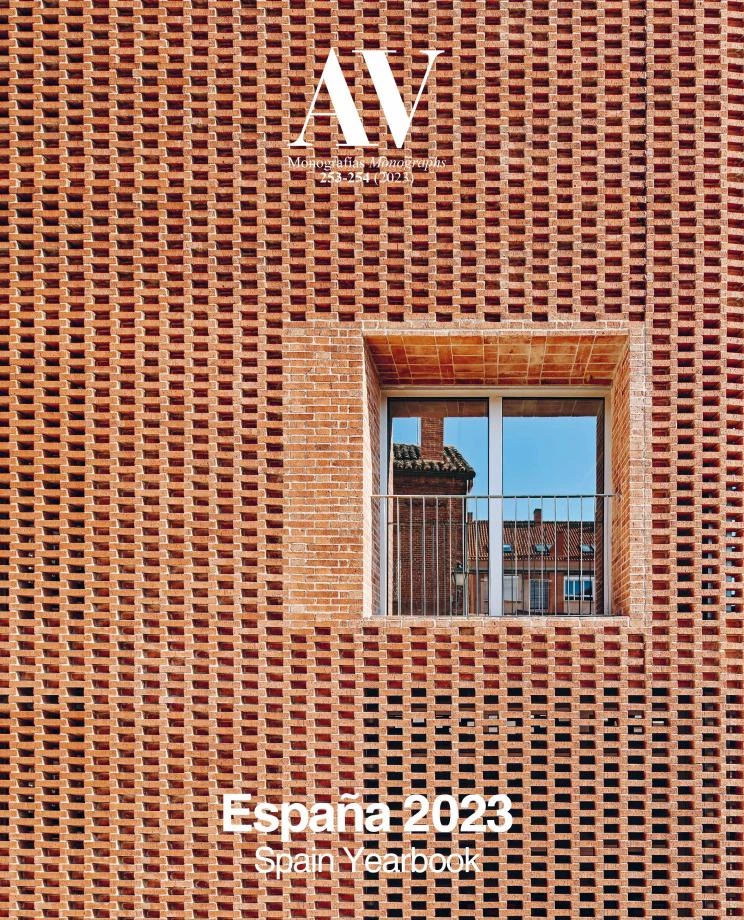
1936-2022
The semiotic wave of the 1960s and 1970s decade, and in general the scientist obsession of those years, bore disparate fruits. Some were engulfed by history, while others maintain, if not the pertinence of that time, an undoubtable interest, like the work of Christoper Alexander, deceased on 11 March at the age of 85. Born in the pre-Anschluss Vienna, Alexander studied in Great Britain and in the United States, and from the outset he managed to combine passion for architecture and for mathematics. This double vocation, as professor at universities like Harvard, MIT, and above all Berkeley, partly explain his theories, which aimed to apply to architecture the principles of generative grammar, to turn it into a sort of cybernetic process supported by a “language of patterns.” What is peculiar about Alexander’s scientism is that it was placed at the service of a humanist and emancipated ideal, and which he supported in books like A Timeless Way of Building – where he defended medieval cities and vernacular architecture – of A City is not a Tree – one of his first manifestoes against sprawl.






